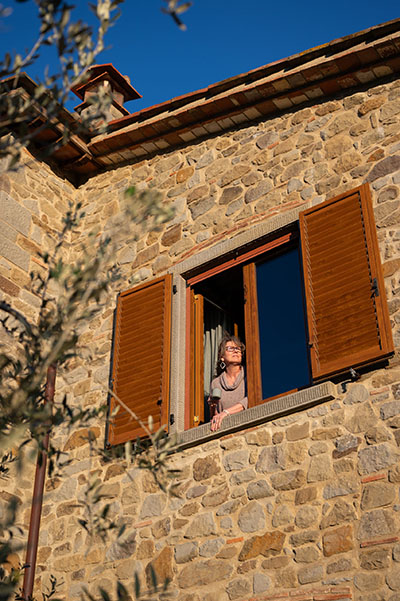Over recent years, Italy has taken a series of important steps to incentivize immigration towards specific regions and for specific professions, for the purpose of economic and cultural advancement. Some of these steps take the form of tax incentives.
We would like to summarize the most significant tax incentives currently offered to new residents of Italy:
A. 7% income tax for retirees relocating to southern Italy
B. Partial exemption for university researchers and professors
C. Partial exemption for specialized professionals and managers
D. Reduced tax regime for high-income individuals
A. 7% income tax for retirees relocating to Southern Italy
Foreign retirees who decide to transfer their tax residence to Italy are eligible for a reduced income tax regime of 7% on all income generated abroad. Individuals who qualify for this tax incentive may benefit from a reduced tax regime for 10 years, starting with the year they migrate to Italy. These individuals would also be exempt from declaring foreign assets to Italian fiscal authorities.
Eligibility Requirements:
- The foreign residents (regardless of nationality) have not been tax residents of Italy for the past five years;
- They previously resided in a country that has a convention with Italy to avoid double taxation (see list of such countries);
- They receive a foreign pension (public or private);
- They are transferring their tax residence to a municipality of Southern Italy (comprised of the regions of Abruzzo, Basilicata, Calabria, Campania, Molise, Puglia, Sardinia and Sicily) with a population of fewer than 20,000 residents.
B. Partial exemption for university researchers and professors
Foreign researchers and professors moving to Italy to pursue their career are eligible for a partial income tax exemption, whereby 90% of their income from self-employed or employed work would be exempt from Italian income taxes for four years, starting with the year they migrated to Italy.
Eligibility Requirements:
- The foreign residents hold a university degree or equivalent qualification;
- They have carried out documented research activities abroad at a public or private research institution or university for at least two consecutive years;
- They are acquiring tax residence in Italy for the purpose of carrying out research or teaching activities in Italy.
C. Partial exemption for specialized professionals and managers
Foreign professionals moving to Italy may be eligible for a partial income tax exemption, whereby 50% of their income from self-employed or employed work would be exempt from Italian income taxes for five years, starting with the year they migrated to Italy.
Eligibility Requirements:
- The foreign residents hold a Bachelor’s degree*;
- They have worked or studied abroad for at least 24 consecutive months;
- They are acquiring tax residence in Italy;
- They are taking employed or self-employed occupation in Italy.
* Individuals that held a managerial position or highly specialized occupation may be exempt from holding a Bachelor’s degree, but they must be pursuing employment within the Italian territory by virtue of an existing work relationship which was established in their country of origin. These individuals must commit to live in Italy for at least two consecutive years.
D. Reduced tax regime for high-income individuals
High-income individuals who move their residence to Italy can elect to pay a substitute income tax on income generated abroad. The main eligibility requirement for the substitute tax regime is having been resident outside of Italy for at least 9 of the 10 preceding tax periods.
The substitute income tax amounts to a lump sum of €200,000 per fiscal year. This amount was doubled from €100,000 as of August 7, 2024 for any new applicants. The foreign individual may opt to pay the substitute income tax for up to 15 consecutive years following their move. They may request to extend the fiscal benefit to their family members, including spouses, civil partners and children. Before amounts were increased, substitute tax on foreign income generated by each family member amounted to €25,000. The new amount has yet to be announced.
Exceptions:
The substitute tax would only apply to income generated abroad, while income generated in Italy would be subject to ordinary tax rules.
During the initial five fiscal years of residence in Italy, income from capital gains on the sale of qualified participations in companies and foreign entities is excluded from the substitute tax regime.
| What is the difference between qualified and non-qualified participations? Qualified Participations: – Exceed 2% of the voting rights or 5% of the equity capital in a publicly traded entity; – Exceed 20% of the voting rights or 25% of the equity capital in a non-publicly traded entity. Non-Qualified Participations: – Do not exceed 2% of the voting rights or 5% of the equity capital in a publicly traded entity; – Do not exceed 20% of the voting rights or 25% of the equity capital in a non-publicly traded entity. |
Additional information on tax incentives for foreign individuals who relocate to Italy is available at this Agenzia delle Entrate webpage.








